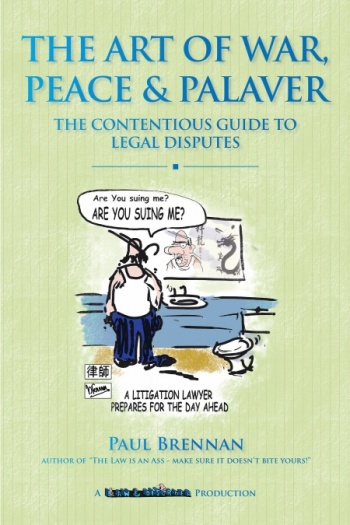The Defences to Defamation
If you are a person of strong views, who calls a spade a spade the law of defamation will protect you if what you have said is true or substantially true.
Even where what you have said proves to be untrue there are defences :
1. Absolute Privilege. If you are repeating something said or otherwise published in parliament or some other judicial type body. Therefore, if you can convince your local MP to mention in parliament your neighbour’s drunken, cursing, fence disputing, lousy child raising behaviour, then you can tell the world with impunity.
2. If you are summarising public documents or reporting on public proceedings providing you, do not stray too far from an honest appraisal.
3. Qualified Privilege. If you give information to a person, who has an interest in being told that information and you act reasonably without malice, e.g. If you mistakenly inform the police that your neighbour is a serial killer (not an uncommon suspicion). However, to post it on Instagram with photographs of your neighbour with garden shears will be much harder to defend than telling his immediate neighbours in order to protect them from an imminent frenzied attack.
4. Honest opinion/fair comment. If you express an opinion, rather than state a fact about a matter of public interest however wacky or extreme it is, providing you honestly held that opinion yourself and it was based on proper material.
5. Innocent Dissemination. If you publish something said or written by someone else and did not know and could not have reasonably known it was defamatory e.g uploading third party material to your blog. This probably extends to liking and sharing on Facebook and other social media.
Finally, if what is said is trivial and unlikely to cause harm the court will tell you to get a life- so should your lawyer.
This article is also available as a Podcast. If you would prefer to listen to this and other legal content please go to the "Law" Podcast :
We pride ourselves on delivering sound, practical advice with an understanding of every client’s personal needs.






Comments
Post a Comment